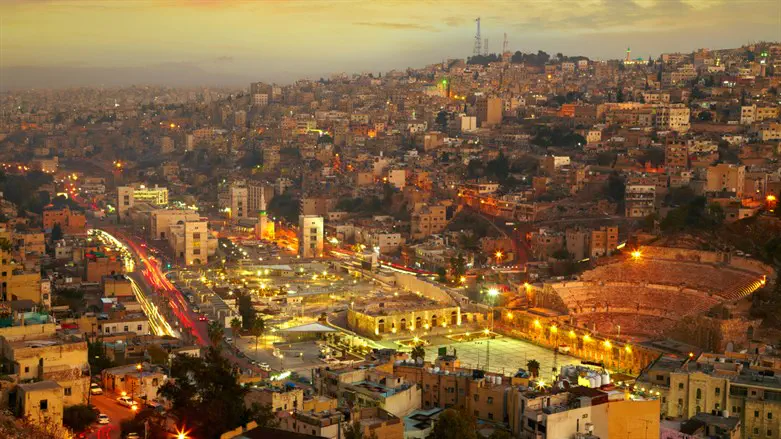
Jordan's Foreign Ministry on Tuesday welcomed Britain's decision to suspend some of its export licenses for weapons to Israel, calling the move an important step to protect civilians, reported the Xinhua news agency.
Ministry spokesperson Sufian Qudah said in a statement that Britain's decision aligns with resolutions of the UN Security Council, the UN General Assembly, the International Court of Justice, and other bodies that have called for a ceasefire in the Gaza Strip and action to address the severe humanitarian crisis caused by the Gaza conflict.
Qudah also stressed the need for continuous and adequate delivery of aid to all areas of the strip, protection of civilians and civilian infrastructure, and the safeguarding of UN facilities and relief workers.
He claimed that Britain's decision supports efforts by the United States, Qatar, and Egypt to reach a deal that ensures a permanent ceasefire and sustainable delivery of humanitarian aid to Gaza.
Qudah urged Britain to expand its decision to a blanket ban on arms export to Israel, claiming that without real consequences, Israel would “continue its actions in Gaza and the West Bank, in violation of international law and threatening regional security."
British Foreign Secretary David Lammy announced on Monday that the UK would be suspending some of its arms sales to Israel.
About 30 out of 350 arms sales licenses will be affected by the move, which comes less than two days after six Israeli hostages were found murdered by their Hamas captors in a tunnel underneath Rafah.
"Facing a conflict such as this, it is this government's legal duty to review Britain's export licenses," Lammy said. "This is not a blanket ban, this is not an arms embargo."
Lammy’s predecessor, David Cameron, had ruled out banning arms sales to Israel, saying that doing so would not be a solution and would only make Hamas stronger.
The decision was criticized by Israeli officials, as well as by Rabbi Sir Ephraim Mirvis, the Chief Rabbi of Britain, who said that “this announcement feeds the falsehood that Israel is in breach of International Humanitarian Law, when in fact it is going to extraordinary lengths to uphold it. Sadly, this announcement will serve to encourage our shared enemies. It will not help to secure the release of the remaining 101 hostages, nor contribute to the peaceful future we wish and pray for, for all people in the region and beyond.”
Jordan signed a peace deal with Israel in 1994 but many locals are against the treaty. In addition, the Jordanian parliament, which is made up mostly of Islamists, remains anti-Israel and its members have more than once called to annul the peace treaty.
The Jordanian parliament has in the past approved a proposal to establish a committee to re-evaluate all formal ties with Israel, including the peace agreement.
That decision does not necessarily mean that the peace accords with Israel will be annulled, as such a decision requires the approval of the government, the royal palace and the council advising Jordan's King Abdullah II.
